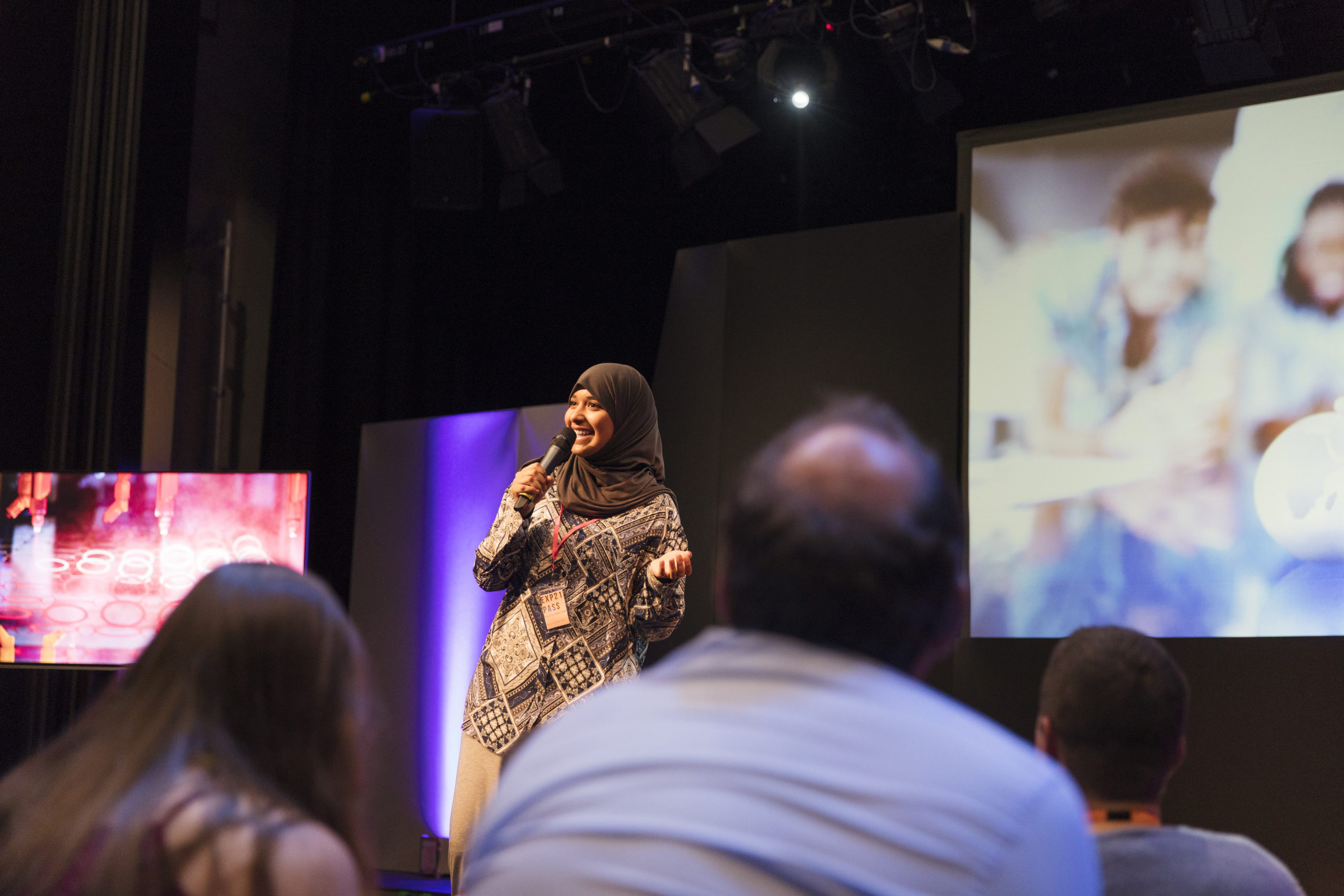It is widely accepted that we are standing on the edge of a revolution. As the digitalization of our world continues – what the World Economic Forum has termed the Fourth Industrial Revolution – various technologies, both established and developing, are blending together to change the way we work. The gains in efficiency and productivity will be significant but it will also require the workforce to adapt to a world that is constantly, and rapidly, changing, particularly in light of the current global pandemic.
A report released by the World Economic Forum in 2018, titled ‘The Future of Jobs’, emphasises that, whilst skills in technology design and programming will be increasingly in demand, “proficiency in new technologies is only one part of the 2022 skills equation”. ‘Human’ skills and emotional intelligence will be vital in ensuring that the power of these new technologies is fully harnessed. The report specifies that by the time the Fourth Industrial Revolution kicks in around 2022, skills such as creativity, initiative, resilience, originality and problem-solving will be even more valued in the workplace than they have been in recent years.
Equipping students with future-oriented skills through project-based learning
Since this report was released the world’s workforce has had to adapt at a lightning pace, responding to the challenges of lockdowns and dramatic changes to market supply and demand. The call for independent, creative, critical thinking has never been more pertinent. At OxfordAQA, we build these human skills into our qualifications, encouraging their development alongside future-focused subject matter.
Our student-led, project-based international qualifications, at both GCSE and A-level, ask students to critically engage with a topic of their choice through independent research and analysis, pushing them to draw conclusions from their own reasoning.
The International GCSE Plus endorsement can be attached to any OxfordAQA International GCSE (except for English Language), inviting students to reflect on the curriculum and take it further with a research question of their choice. During the 10 hours of taught skills students learn how to plan a project, build on primary and secondary resources, analyse data and structure critical arguments, preparing them both for the increased intellectual demand at A-level as well as the self-awareness required to pursue a career compatible with their interests and skillset.
These skills can be extended further at A-level with the International Independent Project Qualification (IPQ), where students can pursue any research topic, across any or multiple disciplines. The IPQ also includes presentation skills, a key skill that is invaluable for professional communication. The inter-disciplinary experience the IPQ can offer prepares students more readily for a working environment made up of blended technologies and expertise.
Building skills with OxfordAQA International GCSE, AS and A-level qualifications
These two project-based qualifications sit neatly within our suite of modern International GCSEs and A-levels. Our curricula offer students the opportunity to engage in critical theoretical debate, such as teaching theories that compete with natural selection in our International GCSE Biology and Combined Science specifications, and an appreciation of the history of science at International A-level. This kind of critical discussion bolsters a student’s understanding of the need to challenge and experiment.
Our Science qualifications embed specification content into real-life scenarios, asking students to apply their knowledge in a practical context, such as how lifestyle affects biology and the physics behind public transport. Practical science skills are assessed throughout all of our Science exam papers, rather than in a separate paper, applying the theory to practical activities to get a fuller, more rounded scientific understanding. This integration of practical and theory enables students to place themselves in a world beyond the classroom.
We also want our specifications to present a global view of the world. The social, cultural, economic and scientific impact of globalisation, for example, is covered in several of our specifications, such as Business, Geography, Physics and Economics. Our A-level Geography specification is the only international specification to dedicate a specific topic to the pressing issues of urban environments today, including climate change, waste and disposal, and health and wellbeing.
As the success of education and the workplace are becoming more dependent on both an awareness and understanding of mental health and wellbeing, knowledge of these topics is vital for success in the rapidly evolving workplace. OxfordAQA is the only exam board where psychopathology, including explanations and therapies of phobias, addiction and depression, is an integral part of AS Psychology, rather than only at A-level. Sleep is also a standalone topic in the specification, representing its importance in our 24-hour world.
The World Economic Forum cites that technological advances will drive in a new industrial revolution across the globe, but “in order to harness the transformative potential of the Fourth Industrial Revolution … a comprehensive workforce strategy [must be] ready to meet the challenges of this new era”. At OxfordAQA, we couldn’t agree more, and that’s why we apply relevant, practical contexts to all our curricula, including cyber security, web design and data programming in our GCSE Computer Science qualification.
Our specifications are relevant, international, and culturally appropriate, covering the skills the 21st century will demand of our young people. Our goal is to develop comprehensive, relevant subject knowledge, alongside the human attributes students will need, wherever the future takes them.
